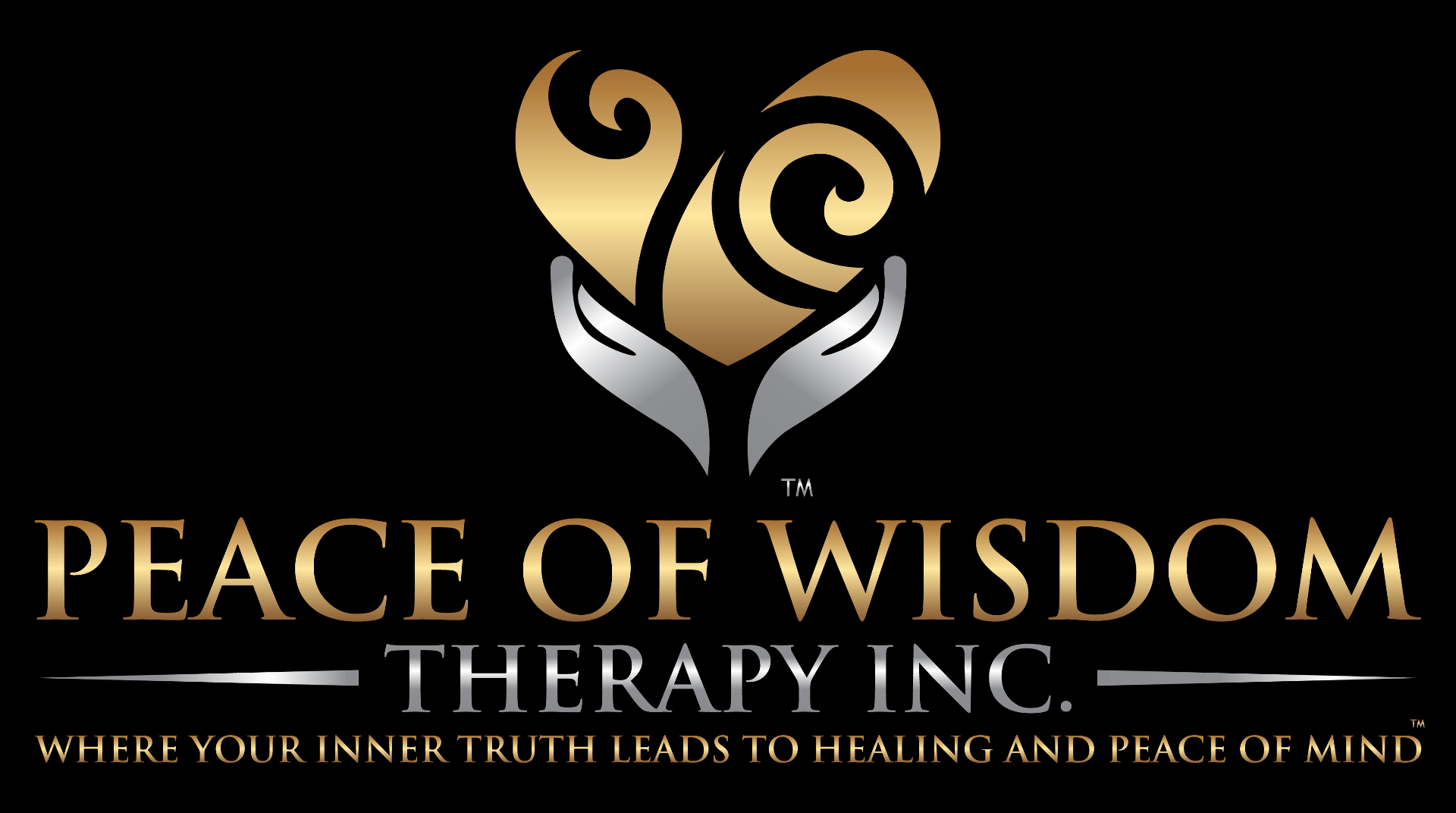Dealing with Emotional Immaturity in Relationships

Have you ever felt like you’re constantly walking on eggshells in a relationship, unsure when the next emotional outburst might occur?
What about questioning whether you’re being too sensitive or unreasonable for expecting basic respect and consideration from your partner?
Do you sacrifice your needs and desires to maintain peace in your relationship?
Imagine you’re excited to celebrate your anniversary with your partner, but their emotionally immature behavior changes the mood. Instead of appreciating your efforts, they criticize the meal, pick a fight over something small, and show little regard for your feelings. You feel hurt and disappointed by their lack of empathy and support, leaving your relationship strained and unhappy.
Has a situation like this ever happened to you?
If your answer is “yes” or even “maybe”, you might be involved with an emotionally immature partner.
What is Emotional Immaturity?
Emotional immaturity is the inability to communicate in a clear, honest way and openly express emotions. An emotionally immature person might have a hard time talking about feelings and not be very good at considering others.
Here are some signs you might notice:
● They don’t like having deep talks or sharing their feelings because it’s too
hard for them.
● They often make things about themselves and don’t think much about what
you need.
● When you try to talk to them about something bothering you, they might get
defensive or make excuses instead of listening.
● They might avoid making plans for the future or doing things together
because they’re scared of commitment.
● You might feel lonely and unsupported in the relationship because they
don’t really understand or care about your feelings.
Dealing with emotional immaturity in relationships can be a challenging journey. But if your goal is to be in a healthy and fulfilling relationship, it’s the right path to choose.
Experts about dealing with emotionally immature people like Dr. Lindsay Gibson, share their insights on the dynamics involved in this type of relationship and offer a solution for navigating them effectively.
How Can Therapy Help with Emotional Immaturity?
Inner Child Work
In therapy, addressing emotional immaturity involves reconnecting with yourself and your inner child wounds. Inner child wound processing and repair are important as they help you learn how to reparent yourself in a healthy way. By nurturing your inner child and addressing past traumas or neglect, you can develop a stronger sense of self-worth and self-compassion.
Boundaries
Therapy will teach you about healthy relationship dynamics. You’ll learn to set boundaries and expectations, understanding what is acceptable and what is not.
Mindfulness
You’ll also learn to practice mindfulness techniques to stay calm and collected in challenging situations. Being mindful means pausing to think before reacting impulsively, promoting peace and clarity in your interactions.
Through an increase in mindfulness, you’ll have the space and skills to self-reflect. You’ll examine your behaviors and attitudes to identify areas where you may need to mature or improve. Recognizing and addressing your shortcomings is the foundation of personal growth.
Communication Skills
During therapy, you’ll focus on effective communication skills. You’ll learn how to express yourself honestly, directly, and clearly. A concept known as assertive communication. We will walk through the process of finding the balance between honesty and kindness. Through healthy communication, you’ll notice a dramatic shift in your relationship.
It is important to note that sometimes, it may be necessary to take a step back from relationships with emotionally immature individuals. While we can’t change others, we can protect our well-being by setting boundaries and prioritizing self-care.
If reconciliation and a fulfilling relationship are your goals, therapy can help you heal and deal with an emotionally immature partner. Through therapy, self-reflection, and personal growth, you can break free from the cycle of emotional manipulation and establish a healthier, more fulfilling relationship based on mutual respect and understanding.
Schedule a consult today to learn more about how I can help you deal with emotionally immature individuals.


